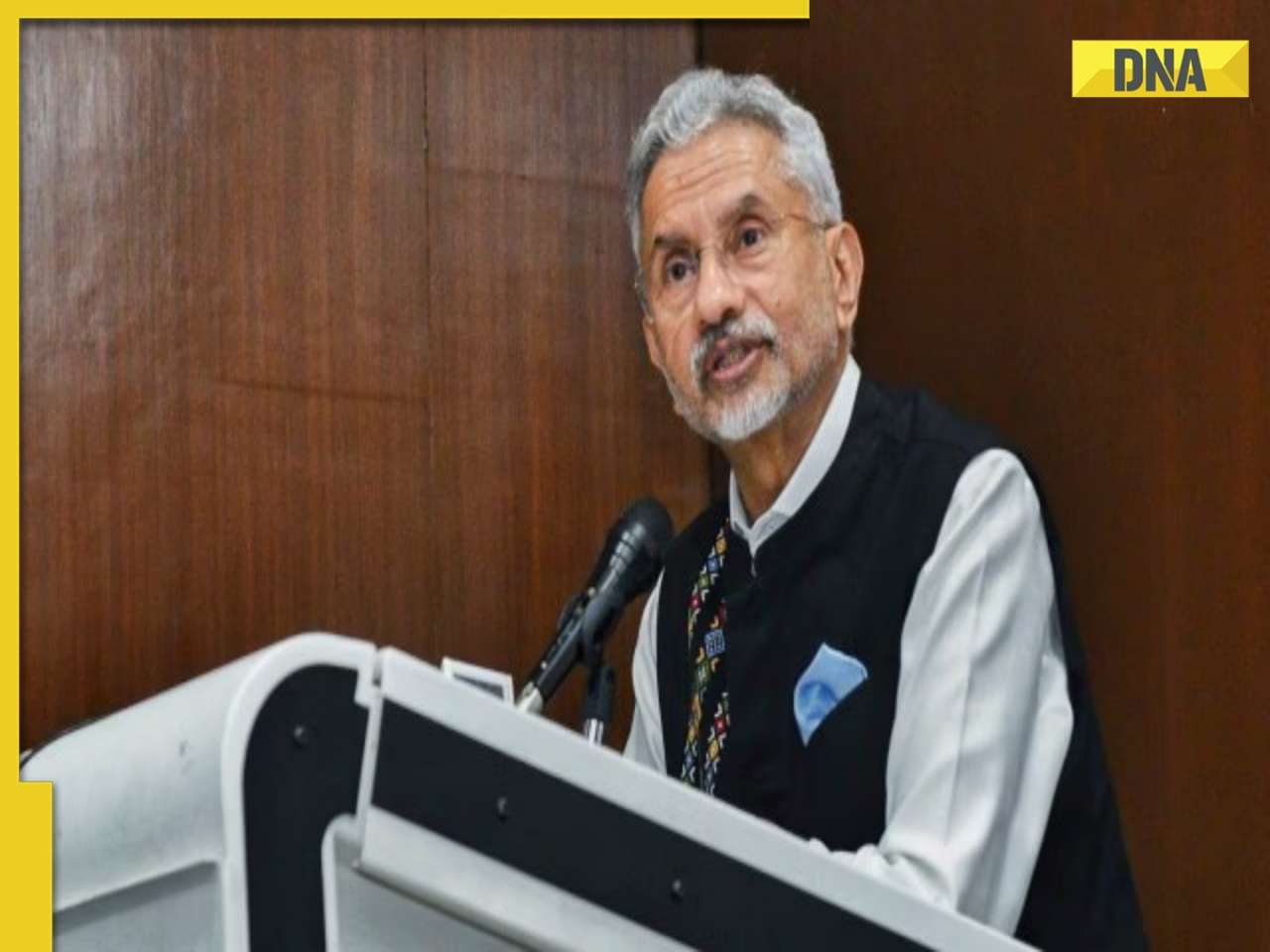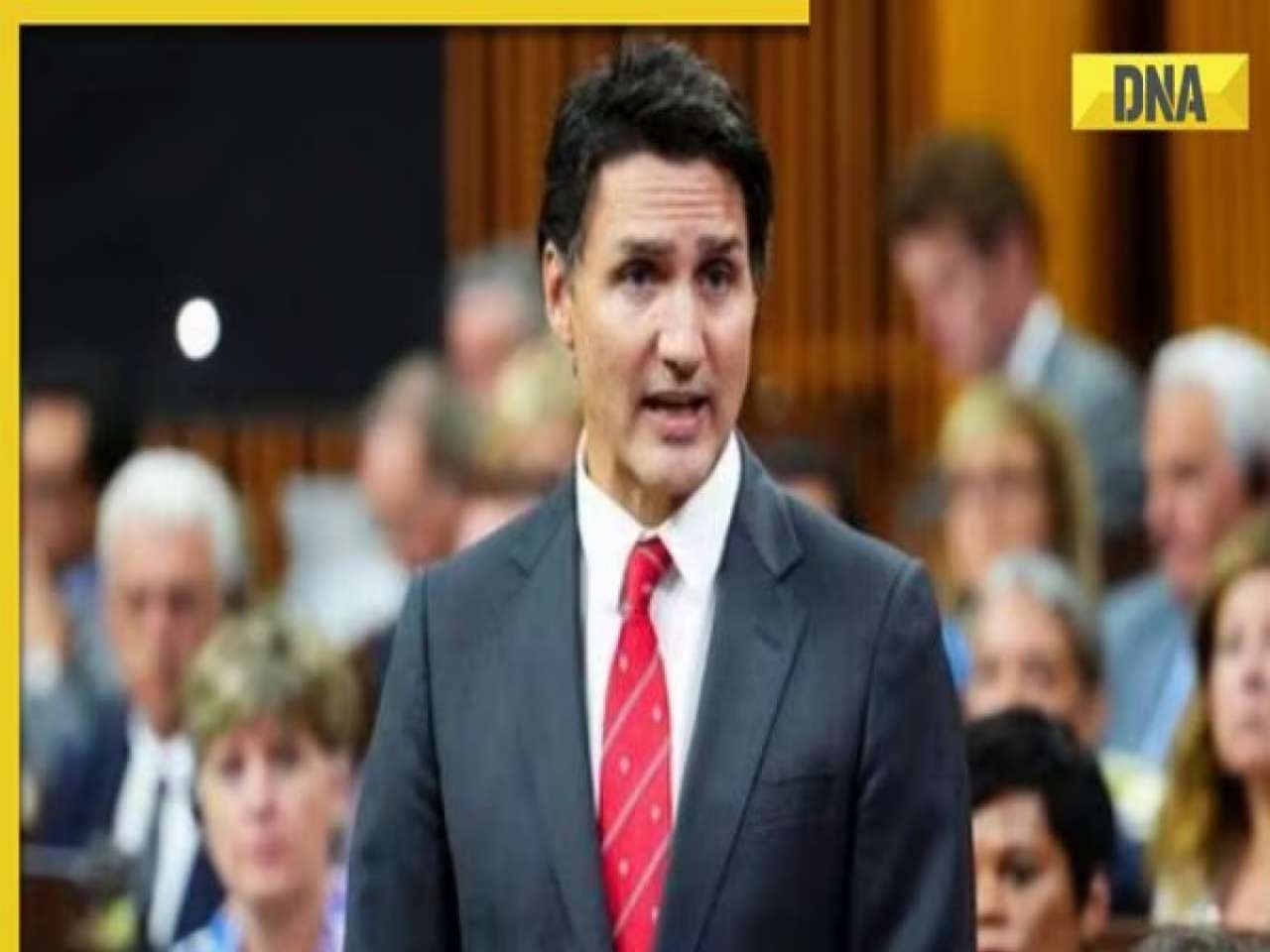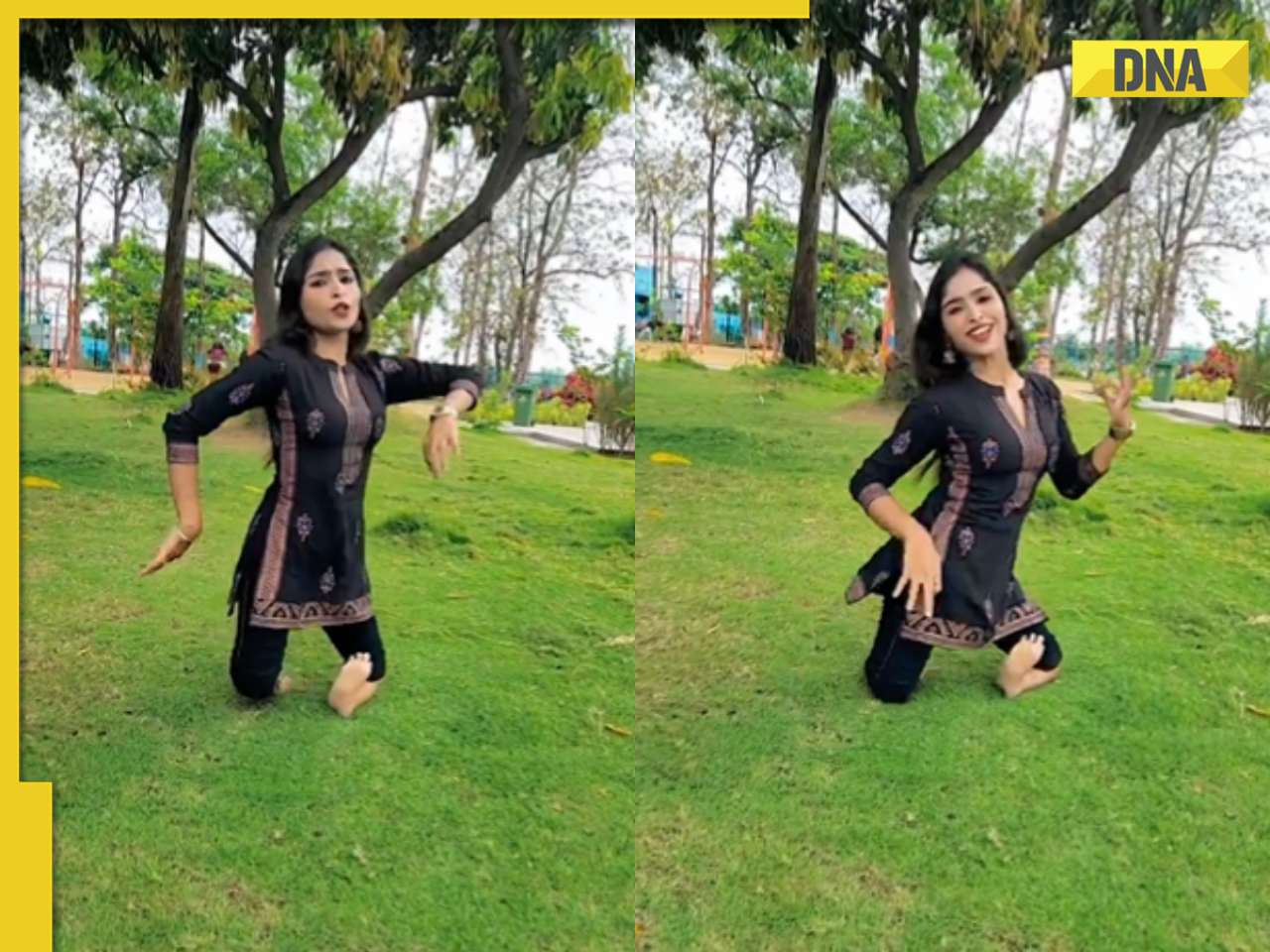On India's first Republic Day, Ustad Bismillah Khan had enthralled audiences with a sterling performance from the ramparts of the Red Fort.
NEW DELHI: On India's first Independence Day, Ustad Bismillah Khan had enthralled audiences with a sterling performance from the ramparts of the Red Fort.
But fate did not allow the shehnai maestro to fulfill his last wish, that of playing at India Gate.
The man who mesmerised generations of Indians with his mellifluous music wanted to make the performance memorable. But a concert at the venue, scheduled for August 9, was cancelled for security reasons.
The 91-year-old Bharat Ratna awardee, said to be single-handedly responsible for making the shehnai a famous classical instrument, had alleged he had been denied the opportunity to play at India Gate because he was a Muslim.
However, Khan was quick to point out he never faced hurdles on account of being a Muslim.
"Music has no caste. I have received love and affection all over the world. The government has given me all the four highest civilian awards in five decades," he said.
Khan was born on March 21, 1916. His ancestors were court musicians in the princely state of Dumraon in Bihar and he was trained under his uncle, the late Ali Bux Vilayatu, a shehnai player attached to Varanasi's Vishwanath Temple.
Where others saw conflict and contradiction between his music and his religion, Bismillah Khan saw only a divine unity. Even as a devout Shia, he was also a staunch devotee of Saraswati, the Hindu goddess of music.
During his long and fruitful career as an artiste, Khan enthralled audiences at performances across the globe. He was honoured with the Sangeet Natak Akademi award, the Tansen award as well as the Padma Vibhushan.
In 2001, Khan became the third classical musician to be awarded the Bharat Ratna, India's highest civilian honour.
He was also bestowed honorary doctorates by the Benares Hindu University and Shantiniketan.
The maestro played in Afghanistan, Europe, Iran, Iraq, Canada, West Africa, the United States, the Soviet Union, Japan, Hong Kong and almost every capital city across the world. In Khan's words, music was an ocean and he had barely reached its shores even after 91 years.
Despite his fame, Khan's lifestyle retained its old world charm and he continued to use the cycle rickshaw as his chief mode of transport.
A man of tenderness, he believed in remaining private and said musicians were supposed to be heard and not seen. He was critical of today's musicians and said they only craved instant success.
Bismillah Khan has often been credited with taking the shehnai from the marriage mandap to the concert hall. He single-handedly pioneered the conversion of a mundane ceremonial instrument into one capable of expressing a range of human emotions and musical nuances.
His long career and eminence assured him of a busy performance calendar as well as the highest fees.
However, he was not very well off in his last days as his joint family of 60 members literally lived off him. In 2003, he had to appeal to then prime minister Atal Bihari Vajpayee to sanction a gas agency to his grandson.
Life for an ailing Khan was far from easy. Hardpressed for money and after repeated pleas to the Central Government for financial assistance, Vajpayee granted him "delayed aid" of Rs 5 lakh.
On August 3 this year, Khan was given a cheque of Rs 2.51 lakh on behalf of Prime Minister Manmohan Singh at Varanasi.
Four years ago, when he did not have money and resources to meet the cost of his needs, the then government arranged for his performance at Parliament Annexe where Khan had to virtually give a charity show for his own benefit.
It was then that Delhi-based couple Neena and Shivnath Jha, who had launched a programme to protect musicians, academicians and artists who brought pride and laurels to the nation, thought of bringing out a monograph on the life and art of the Ustad to extend financial support to him.
Their movement gained a victory of sorts after the Centre allowed Khan to play Tune India from the India Gate to pay tribute to the "unsung heroes of World War I and for global peace and security".
However, the programme was cancelled due to security reasons. His other wish, to perform at Darbhanga, where he had spent a considerable period of his early days, also remained unfulfilled.
The Ustad was identified with the shehnai but found the greatest fulfillment in singing bhajans to children.
"The applause that I get from children when I sing the bhajan Raghupati Raghav Rajaram gives me the greatest fulfillment," Khan had said in 2004 while performing at a cultural programme in New Delhi to mark Gandhi Jayanti.
Khan said it gave him tremendous satisfaction to know that at least some of the children will remember the "old man" for the song that he sang for them.
A true son of the soil, Khan was a flag-bearer of communal harmony in his over nine-decade life.
The 91-year-old maestro remained rooted to his roots and fulfilled his commitment to live and die in the temple city by steadfastly remaining ignorant of the material success coming his way.
The idea of shifting to the big cities to enjoy the worldly success of life never entered the mind of the vocalist who was enamored with the fragrance of the soil of the temple city and its unique cultural identity.
The ustad's love for the temple city and its communal harmony was amply manifested when he condemned the terror attack in the Sankat Mochan Temple and the Cantonment railway station on March 7 last in which at least 20 people were killed and over 100 others injured in the twin blasts.
Born as the second son of his parents-- Paigambar Khan and Mitthan, he was christened as Qamaruddin before his grandfather uttered Bismillah after taking the first glance at the newborn. The name earned him laurels and made him a part of the Indian cultural heritage in years to come.
The ustad took preliminary lessons of shehnai from his grandfather who used to take him to the courts of the Dumraon estate where the latter played the instrument to the scions of the estate.
![submenu-img]() 'They unilaterally took some measures': EAM Jaishankar on new Nepal 100 rupee currency
'They unilaterally took some measures': EAM Jaishankar on new Nepal 100 rupee currency![submenu-img]() Meet Ice Cream Lady of India, who built Rs 6000 crore company, started with small investment of Rs…
Meet Ice Cream Lady of India, who built Rs 6000 crore company, started with small investment of Rs…![submenu-img]() ‘Canada a rule-of-law country’: PM Trudeau after 3 Indian arrested over Hardeep Nijjar's murder
‘Canada a rule-of-law country’: PM Trudeau after 3 Indian arrested over Hardeep Nijjar's murder![submenu-img]() Viral video: Specially-abled girl’s energetic dance to Bollywood song wows internet, watch
Viral video: Specially-abled girl’s energetic dance to Bollywood song wows internet, watch![submenu-img]() 'Baap re baap': Imtiaz Ali reveals Diljit Dosanjh was scandalised by old women's 'vulgar' improvisation on Chamkila set
'Baap re baap': Imtiaz Ali reveals Diljit Dosanjh was scandalised by old women's 'vulgar' improvisation on Chamkila set![submenu-img]() DNA Verified: Is CAA an anti-Muslim law? Centre terms news report as 'misleading'
DNA Verified: Is CAA an anti-Muslim law? Centre terms news report as 'misleading'![submenu-img]() DNA Verified: Lok Sabha Elections 2024 to be held on April 19? Know truth behind viral message
DNA Verified: Lok Sabha Elections 2024 to be held on April 19? Know truth behind viral message![submenu-img]() DNA Verified: Modi govt giving students free laptops under 'One Student One Laptop' scheme? Know truth here
DNA Verified: Modi govt giving students free laptops under 'One Student One Laptop' scheme? Know truth here![submenu-img]() DNA Verified: Shah Rukh Khan denies reports of his role in release of India's naval officers from Qatar
DNA Verified: Shah Rukh Khan denies reports of his role in release of India's naval officers from Qatar![submenu-img]() DNA Verified: Is govt providing Rs 1.6 lakh benefit to girls under PM Ladli Laxmi Yojana? Know truth
DNA Verified: Is govt providing Rs 1.6 lakh benefit to girls under PM Ladli Laxmi Yojana? Know truth![submenu-img]() Streaming This Week: Heeramandi, Shaitaan, Manjummel Boys, latest OTT releases to binge-watch
Streaming This Week: Heeramandi, Shaitaan, Manjummel Boys, latest OTT releases to binge-watch![submenu-img]() Remember Ayesha Kapur? Michelle from Black, here's how actress, nutrition coach, entrepreneur looks after 19 years
Remember Ayesha Kapur? Michelle from Black, here's how actress, nutrition coach, entrepreneur looks after 19 years![submenu-img]() Remember Heyy Babyy's cute 'Angel' Juanna Sanghvi? 20 year-old looks unrecognisable now, fans say 'her comeback will...'
Remember Heyy Babyy's cute 'Angel' Juanna Sanghvi? 20 year-old looks unrecognisable now, fans say 'her comeback will...'![submenu-img]() In pics: Arti Singh stuns in red lehenga as she ties the knot with beau Dipak Chauhan in dreamy wedding
In pics: Arti Singh stuns in red lehenga as she ties the knot with beau Dipak Chauhan in dreamy wedding![submenu-img]() Actors who died due to cosmetic surgeries
Actors who died due to cosmetic surgeries![submenu-img]() DNA Explainer: Why Harvey Weinstein's rape conviction was overturned, will beleaguered Hollywood mogul get out of jail?
DNA Explainer: Why Harvey Weinstein's rape conviction was overturned, will beleaguered Hollywood mogul get out of jail?![submenu-img]() What is inheritance tax?
What is inheritance tax?![submenu-img]() DNA Explainer: What is cloud seeding which is blamed for wreaking havoc in Dubai?
DNA Explainer: What is cloud seeding which is blamed for wreaking havoc in Dubai?![submenu-img]() DNA Explainer: What is Israel's Arrow-3 defence system used to intercept Iran's missile attack?
DNA Explainer: What is Israel's Arrow-3 defence system used to intercept Iran's missile attack?![submenu-img]() DNA Explainer: How Iranian projectiles failed to breach iron-clad Israeli air defence
DNA Explainer: How Iranian projectiles failed to breach iron-clad Israeli air defence![submenu-img]() 'Baap re baap': Imtiaz Ali reveals Diljit Dosanjh was scandalised by old women's 'vulgar' improvisation on Chamkila set
'Baap re baap': Imtiaz Ali reveals Diljit Dosanjh was scandalised by old women's 'vulgar' improvisation on Chamkila set![submenu-img]() This actor, who worked with Karan Johar and Farhan Akhtar, gave superhit shows, saw failed marriage, killed himself at..
This actor, who worked with Karan Johar and Farhan Akhtar, gave superhit shows, saw failed marriage, killed himself at..![submenu-img]() Did you know Ranveer Singh's grandmother was popular actress? Worked with Raj Kapoor; her career affected due to...
Did you know Ranveer Singh's grandmother was popular actress? Worked with Raj Kapoor; her career affected due to...![submenu-img]() India's highest-paid TV actress began working at 8, her Bollywood films flopped, was seen in Bigg Boss 1, now charges...
India's highest-paid TV actress began working at 8, her Bollywood films flopped, was seen in Bigg Boss 1, now charges...![submenu-img]() Shreyas Talpade wonders if his heart attack was due to Covid vaccine: 'We don’t know what we have taken inside...'
Shreyas Talpade wonders if his heart attack was due to Covid vaccine: 'We don’t know what we have taken inside...'![submenu-img]() IPL 2024: Faf du Plessis, Virat Kohli help Royal Challengers Bengaluru defeat Gujarat Titans by 4 wickets
IPL 2024: Faf du Plessis, Virat Kohli help Royal Challengers Bengaluru defeat Gujarat Titans by 4 wickets![submenu-img]() IPL 2024: Why is Sai Kishore not playing today's RCB vs GT match?
IPL 2024: Why is Sai Kishore not playing today's RCB vs GT match?![submenu-img]() 'Mumbai Indians ki kahani khatam': Ex-India star slams Hardik Pandya after MI's loss to KKR at Wankhede
'Mumbai Indians ki kahani khatam': Ex-India star slams Hardik Pandya after MI's loss to KKR at Wankhede![submenu-img]() LSG vs KKR, IPL 2024: Predicted playing XI, live streaming details, weather and pitch report
LSG vs KKR, IPL 2024: Predicted playing XI, live streaming details, weather and pitch report![submenu-img]() LSG vs KKR IPL 2024 Dream11 prediction: Fantasy cricket tips for Lucknow Super Giants vs Kolkata Knight Riders
LSG vs KKR IPL 2024 Dream11 prediction: Fantasy cricket tips for Lucknow Super Giants vs Kolkata Knight Riders![submenu-img]() Viral video: Specially-abled girl’s energetic dance to Bollywood song wows internet, watch
Viral video: Specially-abled girl’s energetic dance to Bollywood song wows internet, watch![submenu-img]() Viral video: Man educates younger brother about mensuration, internet is highly impressed
Viral video: Man educates younger brother about mensuration, internet is highly impressed![submenu-img]() Girl's wedding dance to Haryanvi song interrupted by mother in viral video, internet reacts
Girl's wedding dance to Haryanvi song interrupted by mother in viral video, internet reacts![submenu-img]() Viral video: Man fearlessly grabs dozens of snakes, internet is scared
Viral video: Man fearlessly grabs dozens of snakes, internet is scared![submenu-img]() This mysterious mobile phone number was suspended after three users...
This mysterious mobile phone number was suspended after three users...

















































)
)
)
)
)
)